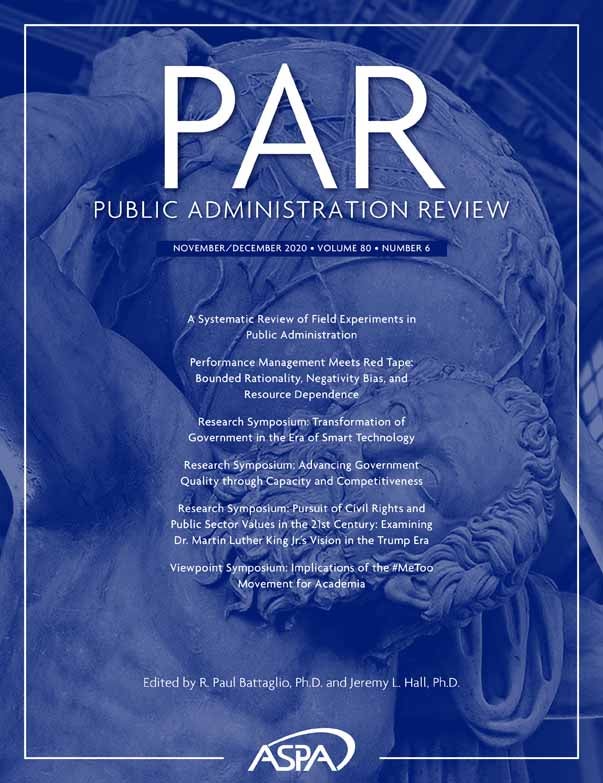The Networks and Governance Lab (NGL)

The Networks and Governance Lab (NGL) works to discover how humans and organizations interact to address policy problems at a local and global scale. Blending theories and frameworks from political science, public administration, economics, and public policy with inferential methods from network science, the NGL seeks to model and understand how network structure, composition, and processes shape our collective capacity to solve public problems. Research in the lab spans the study of informal human networks within public organizations and local public service delivery networks to the formation of global city networks to confront transnational challenges.
The lab is not only a research unit, but also has the objective of supporting the learning needs of the students in the department’s doctoral program as well as visiting scholars and students from other universities. Professors working with the NGL support the development of affiliated students and visiting scholars through active involvement in research presentations, coding sessions, dissertation dialogues, and workshops on data collection and analysis. Meetings of the full Lab typically occur every two weeks and often include outside scholars working on related research.
Research Spotlight

Analyzing the Effectiveness of Networks for Addressing Public Problems: Evidence from a Longitudinal Study
by Michael D. Siciliano, Jered B. Carr and Victor G. Hugg
Abstract: While scholars and practitioners frequently laud the potential of networks to address complex policy problems, empirical evidence of the effectiveness of networks is scarce. This study examines how changes in network structure (centralization and transitivity), network composition (sector diversity and geographic range), and tie properties (stability and strength) influence community level outcomes. Relying on a statutory requirement in the state of Iowa requiring local governments to file all instances of intergovernmental and intersectoral collaboration, we measure collaboration networks in 81 counties over 17 years in the areas of crime and economic development. Using fixed effects models, we examine how changes in the structure and composition of these county‐level networks affect substantive policy outcomes. Our findings indicate that network properties matter, but that the specific properties may be context dependent. We find network centralization and stability are stronger predictors of crime while network composition is more strongly associated with economic development.